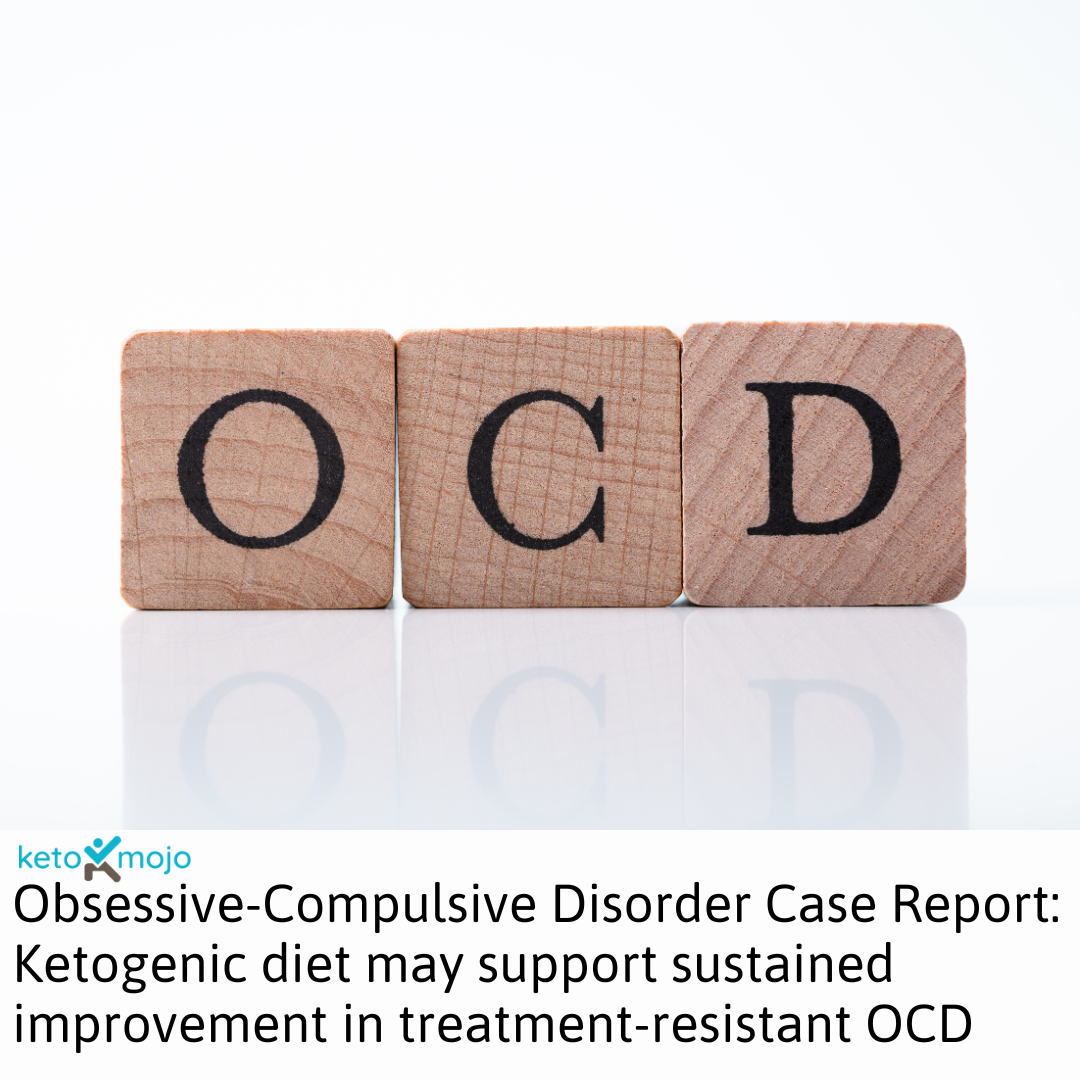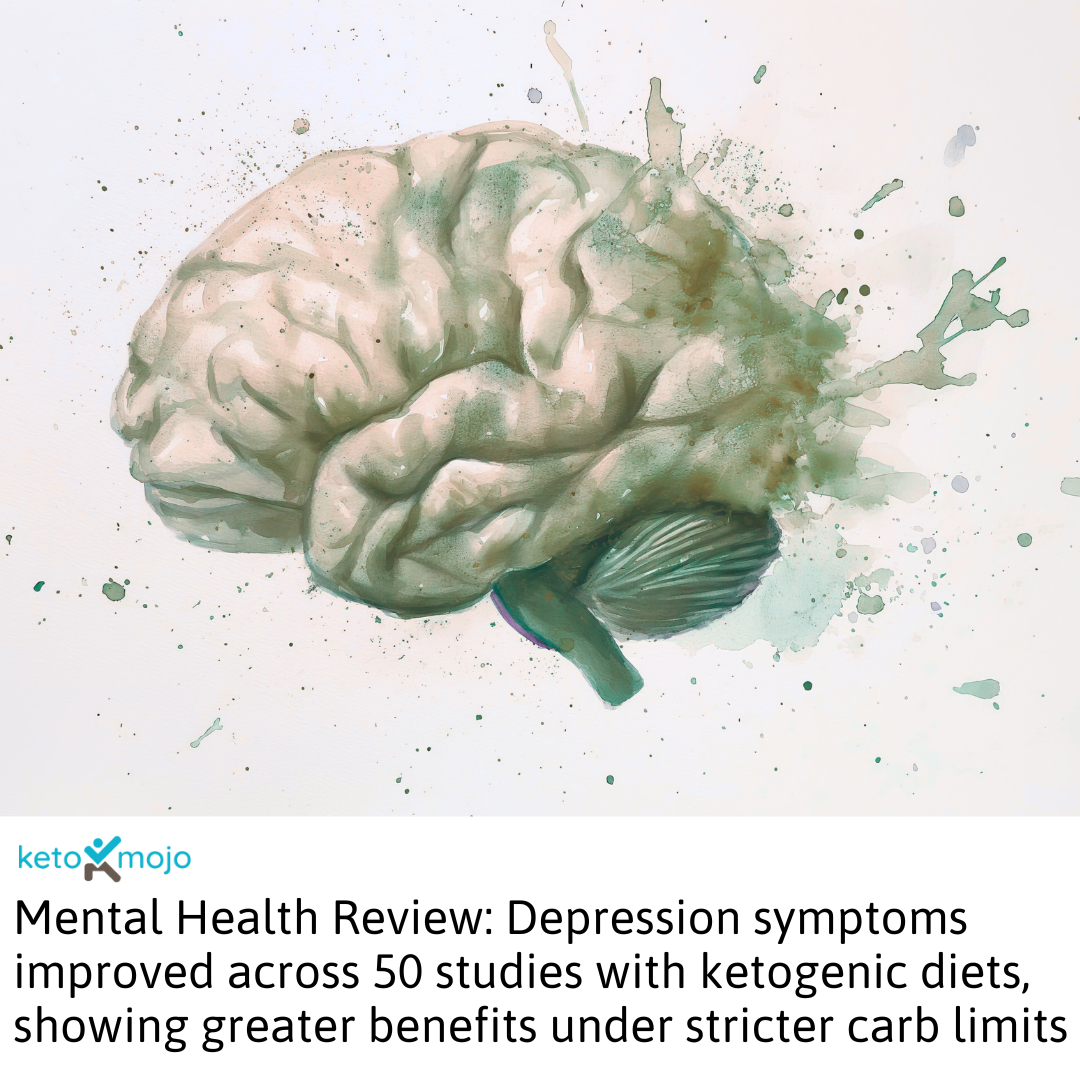Psychiatric Disorders
Remission of obsessive-compulsive disorder using ketogenic metabolic therapy in support of exposure and response prevention: a retrospective case report

This case report examines the use of ketogenic metabolic therapy as an adjunct to exposure and response prevention (ERP) in the treatment of a 26-year-old male with treatment-resistant obsessive-compulsive disorder (OCD). Standard interventions, including pharmacotherapy and cognitive-behavioral therapy, had previously failed to provide sustained relief.
The patient independently initiated a modified ketogenic diet, characterized by a fat to protein+carbohydrate ratio of 1.5:1, and monitored ketone levels to ensure nutritional ketosis (beta-hydroxybutyrate levels ≥0.8 mmol/L). ERP was introduced four weeks later, starting with psychoeducation and formal exposure exercises at week five.
The ketogenic diet was followed rigorously, with macronutrient tracking and the use of supplements such as omega-3 fatty acids, electrolytes, magnesium, and N-acetylcysteine (NAC). Follow-up continued for 95 weeks to assess long-term outcomes.
Key Findings:
- OCD Symptoms (DOCS – Symmetry Subscale): Score dropped from 12 (baseline) to 7 (week 3), then to 5 (week 7), and finally to 2 at 95-week follow-up.
- Emotional Distress (DASS-21): Total score decreased from 32 (moderate distress) to 6 (week 3), 4 (week 7), and 2 (week 95), with all subscales returning to normal.
- Daily Compulsions: Reduced from 3–8 hours/day to under 1 hour/day within 3 weeks of starting the ketogenic diet.
- Function and Regulation: Improvements in sleep, mood, energy, and emotional regulation were reported, supporting ERP engagement.
- Patient Perspective: Described the ketogenic diet as essential to recovery and more impactful than prior medication or therapy.
Notably, improvements in OCD symptoms and mood were evident prior to the initiation of ERP, suggesting that KMT may have provided a neurological foundation that enhanced the efficacy of subsequent behavioral therapy.
This single-subject case suggests that ketogenic metabolic therapy may serve as a viable adjunct to ERP for individuals with treatment-resistant OCD, potentially improving symptom management and supporting behavioral therapy engagement. While limitations include the study’s retrospective nature and lack of control group, the sustained improvements highlight the need for further research into KMT’s role in OCD treatment strategies.






